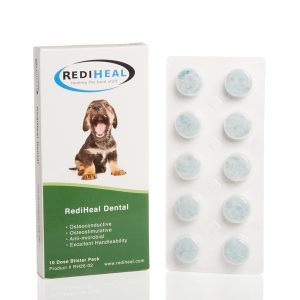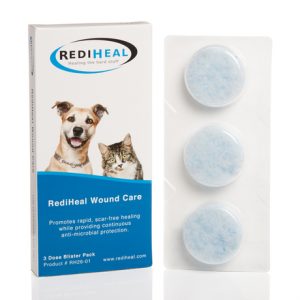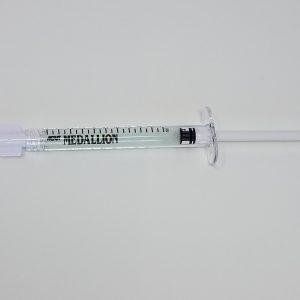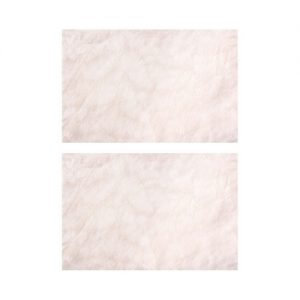For many of us, festive events mean edible treats, and who can resist a set of warm, pleading eyes gazing up at you? While you probably already know not to feed your pet chocolate or anything with xylitol, some other food hazards may not be quite as obvious. Read on for a list of common holiday foods you’ll want to avoid giving your pets – including one non-food item you may not have considered!
The Top Five to Avoid…
Leftover grease, gravy or fatty meat scraps – These can produce severe inflammation of the pancreas, which leads to abdominal pain, vomiting, and bloody diarrhea.
Alcohol – We know you see this on TV, especially in some classic holiday movies. But in reality, alcohol can cause dangerous drops in blood sugar, blood pressure and body temperature in our pets. This includes not just those tasty sweet beverages your pet may want to sip with you, but unbaked doughs that contain yeast.
Grapes, raisins & currants – You might already know this, but foods containing any of these items (such as stuffings or fruitcake – delicious to pets!) could lead to kidney failure in dogs.
Meat bones of any kind – While it might seem natural to give your dog a bone, meat bones (cooked or uncooked) can splinter upon eating, causing lacerations or obstructions in your pet’s digestive system.
Onions & garlic – While most of our pets wouldn’t willingly take a chomp out of a raw onion (though some dog owners would disagree!), you’ll want to avoid giving your pets any food that contains onions, garlic, or onion or garlic powder. Onions, in particular, can have a cumulative toxicity effect, building over time. The toxicity can lead to an impact on an animal’s red blood cells, leaving them without enough to function.
One You May Not Have Thought of…
Finally – one thing that surprised us is a potential non-food hazard that all “real” Christmas tree lovers will want to be aware of – the standing water from a tree stand. Not only do some of us include preservatives in the stand water that might be toxic for our pets, but standing water may well be developing unhealthy bacteria that you don’t want your pets ingesting. A covered tree water dish is the safest option.
When You Need Help…
One last thing to note: you should always know the number of your closest emergency or 24-hour veterinarian! Another option is to call the ASPCA’s Poison Control Hotline. They may be reached at 888-426-4435. They also have a phone app you can search should you have questions about particular foods and their safety.
Want a printable of this for your clients? Here’s a handy pdf you may download: https://tinyurl.com/sm4t9bf






Recent Comments